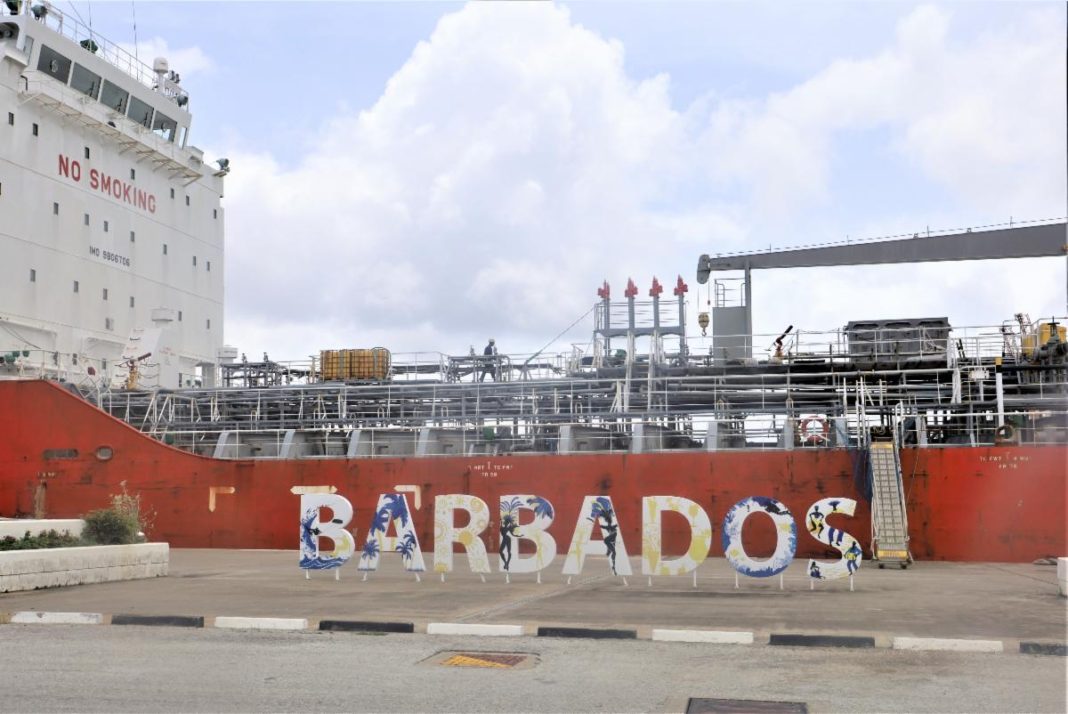Safer seaports and wider maritime spaces in the Eastern Caribbean are anticipated once the Regional and National Maritime Security Strategies currently being formulated by the Regional Security System (RSS) are implemented.
The strategy development is being funded by the Caribbean Development Bank (CDB) and the RSS, with technical support from the Organisation of American States (OAS). It is intended to increase coordinated action at marine ports and within the wider maritime boundaries in Antigua and Barbuda, Barbados, the Commonwealth of Dominica, Grenada, Saint Christopher and Nevis, Saint Lucia and Saint Vincent and the Grenadines – all RSS Member States.
According to Executive Director of the RSS, Captain (N) Errington Shurland, “The Eastern Caribbean region is highly dependent on the maritime space for its economic survivability. The maritime space is 128 times larger than the land space of the seven RSS Member States combined and forms part of the Blue Economy. In order to preserve the Blue Economy for generations to come we must develop coordinated maritime strategies to effectively harmonise activities and promote the sustainable use of that space..”
Andrea Power, Coordinator Regional Cooperation and Integration at CDB emphasised the Bank’s commitment to strengthening the maritime affairs of Member States and said CDB looked forward to greater collaboration at marine borders, not only related to security, but also trade. “As the project to aid Member States of the RSS winds down it is anticipated that seven countries will be provided with the necessary tools to deepen integration and collaboration. Regional security is a public good and investment in strengthening capabilities to manage maritime borders will not only boost security but also bolster trade and improve the way business is conducted given that the majority of global trade is conducted via seaports,” she stated.
The development of the Regional and National Maritime Security Strategies will also aid in planning and development within the maritime sector specifically, and the economic advancement of OECS member states and CARICOM. Beyond security, the territories will also benefit from improved awareness of activities occurring in their maritime domains, as well as more efficient mobilisation and deployment of resources in response to various hazard events and illicit activity. The recent La Soufriere eruption is one example of resource mobilisation and coordination at work. The project is also assisting port managers with strategies to satisfy international standards at marine ports of entry, increase information sharing and cooperation by identifying common areas for collaboration in the maritime space. The USD 466,347 initiative will provide a road map for collaborating and securing the common maritime space of RSS members. The strategy is a response to a number of challenges faced by individual Member States, as well as the collective sub-regional bloc, within the maritime domain and provides a road map for collaborating and securing the common maritime space amidst current and emerging threats in the current complex environment. The individual national Strategies and the RSS regional strategy are expected to be completed in September 2021.








